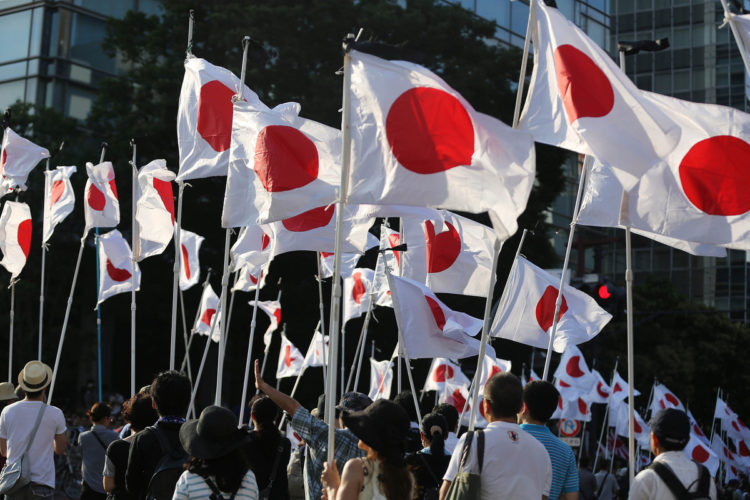Airbnb Gets Green Light in Japan With Home-Sharing Law’s Passage

(Bloomberg) —Airbnb Inc. will now be able to operate in Japan without the risk of running into regulatory hurdles after the government passed a law that sets out rules for home sharing.
Japan’s upper house passed a legislative bill on Friday that lets private homes rent out space to paying guests, while limiting total stays to 180 nights a year. The law requires providers of such accommodation to register with local governments and lets local authorities impose their own restrictions.
Airbnb, valued at $31 billion, has found a more receptive audience in Japan, compared with the clashes it had with municipal governments in New York, Barcelona and its home town of San Francisco. A tourism boom has cut into Japan’s supply of available hotel rooms and helped make the archipelago Airbnb’s fastest-growing market. The number of visitors from overseas will probably continue to reach records as Japan prepares to host the World Rugby Cup in 2019 and the Olympic games the following year.
“We welcome the legislation,” said Yasuyuki Tanabe, Airbnb’s country manager for Japan. “It is clear, simple and easy to understand, while reflecting Japan’s unique needs.”
Airbnb, like its ride-sharing counterpart Uber Technologies Inc., has faced resistance from local authorities. Still, Japan’s home-sharing limits are relatively lenient, compared with 90 days in London and 60 days in Amsterdam. The new law also distinguishes between those who share their own dwellings and absentee landlords, anticipating that the latter are more likely to be a source of friction in neighborhoods.
For some hosts in Tokyo, the new rules may force them to choose between giving up a second source of income and committing to becoming a full-time rental property operator. Airbnb doesn’t break down the 52,000 listings it has in Japan by type. About 70 percent of them are for entire homes, according to Airdna, a company that sells consulting services to hosts.
For those hosts that decide to stick with it, the good news is that demand will only continue to grow. More than 24 million tourists visited Japan in 2016, topping the record for a fourth straight year, according to the nation’s tourism organization. Airbnb accommodated 3.7 million of those visitors, according to the company. The government aims to raise the number of visitors to 40 million by 2020.
“Just because our mere 50,000 listings are rented out a certain way right now, it doesn’t mean that’s all that is possible in the future,” Tanabe said. “We see a whole new magnitude of opportunities for unlocking untapped real-estate resources in this country.”
The new law will also let corporations offer services to Airbnb’s hosts and guests, going beyond the company’s roots of micro-entrepreneurs renting out spare rooms and couches, Tanabe said. He said Airbnb is already in talks with multiple providers in Japan, declining to give specific names.
Airbnb is already looking to be more than just a home-sharing platform, setting targets in luxury tourism, airfare aggregation, group payments and guest management. In November, the company announced it had a flight-booking tool and an itinerary-planning feature in the works. In February, it bought Luxury Retreats, a Canadian manager of high-end rentals and services. The company began offering unique travel experiences last year. Among the packages offered in Tokyo, renters can take a tour of anime shops, do sake tasting or learn to make sushi.



No Comment